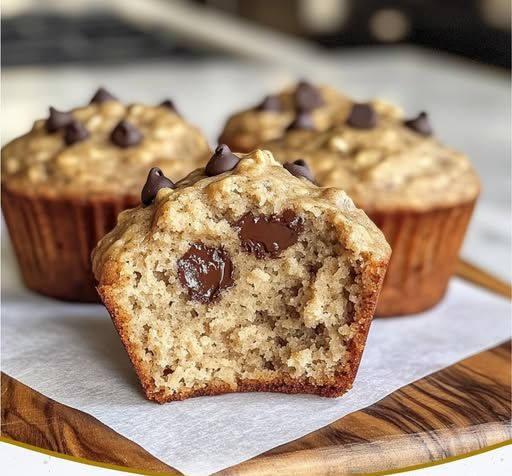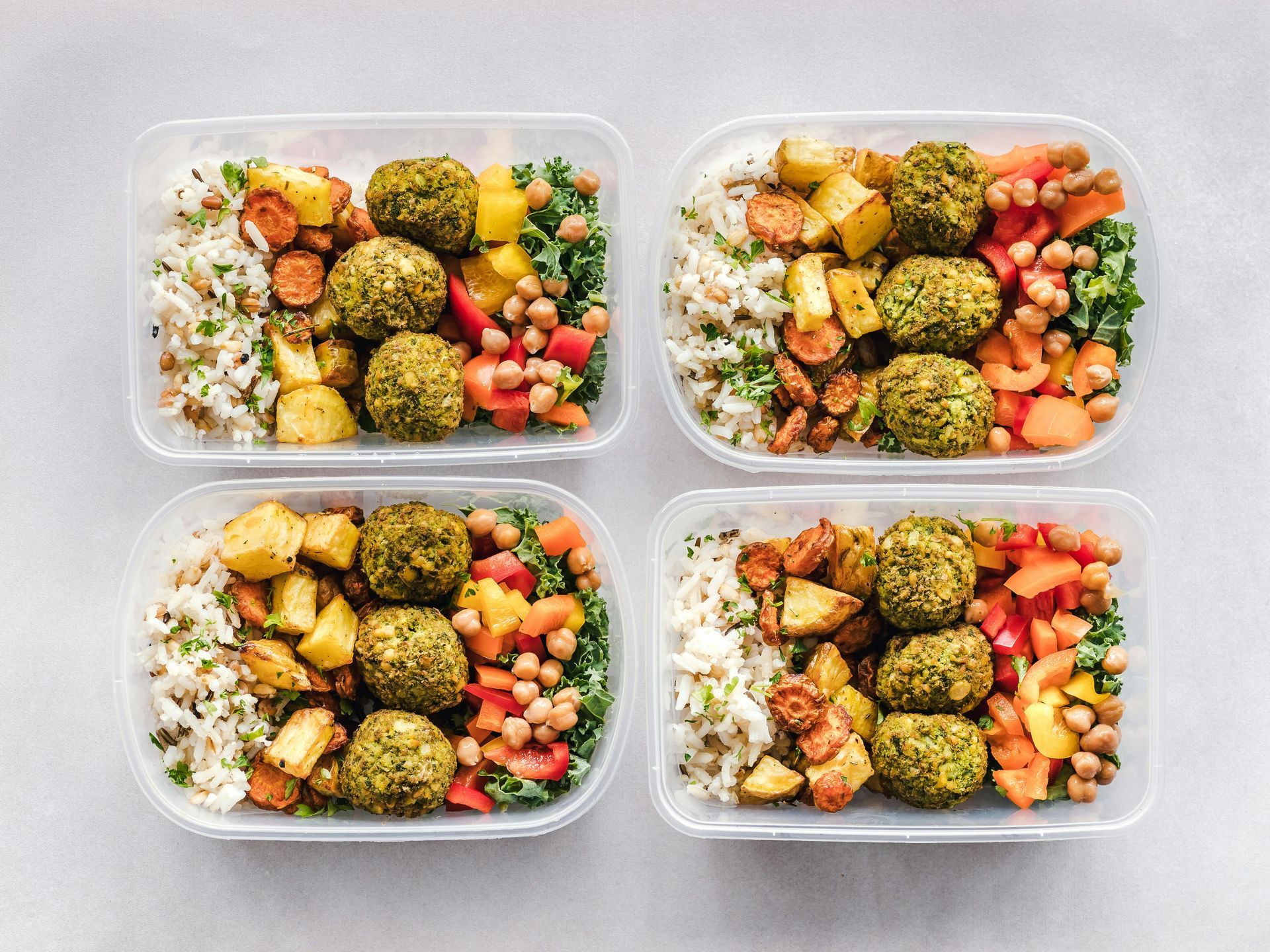Nutrient Timing — When to Eat for Optimal Performance
Nutrient Timing — When to Eat for Optimal Performance

For many of us balancing work, family, and fitness, knowing what to eat is only part of the equation. Understanding when to eat can be just as important. Nutrient timing—the strategic scheduling of meals and snacks around physical activity—can enhance energy, improve recovery, and support long-term health and performance goals.
Whether you're heading to an early morning bootcamp session, squeezing in a lunchtime workout, or winding down with evening yoga, aligning your nutrition with your training schedule can make a measurable difference.
This article explores the science behind nutrient timing and how to apply these principles to your weekly routine.
What Is Nutrient Timing?
Nutrient timing refers to the deliberate planning of macronutrient intake—carbohydrates, proteins, and fats—around exercise to optimize performance, recovery, and body composition. It’s not just about eating healthy; it’s about eating smart.
According to the International Society of Sports Nutrition (ISSN), nutrient timing can:
- Enhance muscle recovery and growth
- Improve endurance and strength
- Reduce fatigue during workouts
- Support fat loss and lean muscle retention
The Three Key Phases of Nutrient Timing
1. Pre-Workout Nutrition
Goal: Fuel your body for performance
Eating before exercise ensures your body has the energy to perform at its best. For early risers, this might mean a light snack before training. For those exercising later in the day, a balanced meal 1–2 hours beforehand can be ideal.
Ideal Timing: 30–90 minutes before training Macronutrient Focus: Carbohydrates + moderate protein
Examples:
- Wholegrain toast with nut butter
- Greek yogurt with berries
- Banana with a spoon of almond butter
Avoid high-fat meals pre-workout, as they digest slowly and may cause sluggishness.
2. Intra-Workout Nutrition
Goal: Sustain energy during prolonged or intense sessions
For most moderate workouts under 60 minutes, intra-workout nutrition isn’t necessary. However, for longer sessions or back-to-back classes, sipping on a carbohydrate-electrolyte drink may help maintain energy and hydration.
Examples:
- Coconut water
- Diluted sports drinks
- Homemade electrolyte mix with citrus, salt, and honey
3. Post-Workout Nutrition
Goal: Replenish, rebuild, and recover
The post-exercise window—often called the “anabolic window”—is when your muscles are most receptive to nutrients. Eating within 30–60 minutes after training can accelerate recovery and reduce soreness.
Macronutrient Focus: Protein + carbohydrates
Examples:
- Protein smoothie with banana and oats
- Grilled chicken wrap with salad
- Cottage cheese with pineapple
Macronutrient Timing: A Closer Look
Carbohydrates
Carbs are your body’s primary fuel source. Consuming them before and after workouts helps:
- Boost energy
- Preserve muscle glycogen
- Support recovery
Best Times to Eat Carbs:
- Pre-workout: to fuel performance
- Post-workout: to replenish glycogen stores
Protein
Protein supports muscle repair and growth. It’s essential when engaging in resistance training or high-intensity classes.
Best Times to Eat Protein:
- Post-workout: within 60 minutes
- Throughout the day: every 3–4 hours to maintain muscle protein synthesis
Fats
Healthy fats are important for hormone balance and satiety but should be minimized immediately before workouts due to slower digestion.
Best Times to Eat Fats:
- With meals not close to training
- In the evening for sustained energy and fullness
Nutrient Timing for Weight Loss and Body Composition
For anyone pursuing weight loss or body recomposition, nutrient timing can complement calorie tracking and structured training. Eating protein-rich meals post-workout and spacing meals evenly throughout the day helps:
- Preserve lean muscle during weight loss
- Reduce cravings
- Improve metabolic efficiency
Practical Tips for Busy People
Morning Exercisers
If you're training early:
- Try a small snack like a banana or a protein ball
- Follow up with a full breakfast post-workout (e.g., eggs on toast with avocado)
Midday Movers
For lunchtime workouts:
- Eat a balanced meal with protein and carbs 1–2 hours before
- Hydrate well before and after
Evening Yogis
If you’re training after work:
- Have a light snack mid-afternoon (e.g., hummus and crackers)
- Eat dinner post-session with lean protein and vegetables
Hydration Timing
Hydration is a critical but often overlooked part of nutrient timing:
- Drink 300–500ml of water 1–2 hours before exercise
- Sip during workouts, especially in warmer weather
- Rehydrate post-workout with water or electrolyte drinks
Common Mistakes to Avoid
- Skipping meals after training
- Eating high-fat meals before workouts
- Over-relying on supplements
- Ignoring hydration
📚 References
- International Society of Sports Nutrition: Nutrient Timing – International society of sports nutrition position stand: nutrient timing | Journal of the International Society of Sports Nutrition | Full Text
- MeasureUp: Macronutrient Timing – Nutrition: Macronutrient Timing for Optimal Performance - Measure Up
- AvixHealth: Nutrient Timing – Nutrient Timing for Optimal Performance – AvixHealth
- Performance Lab: Nutrient Timing for Athletes – Nutrient Timing for Athletes: When to Eat What | Performance Lab®
- Nutritionist Adelaide: Nutrient Timing – The Science Behind Nutrient Timing for Optimal Exercise Performance







